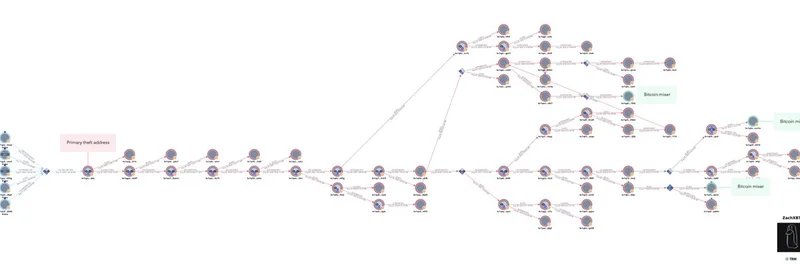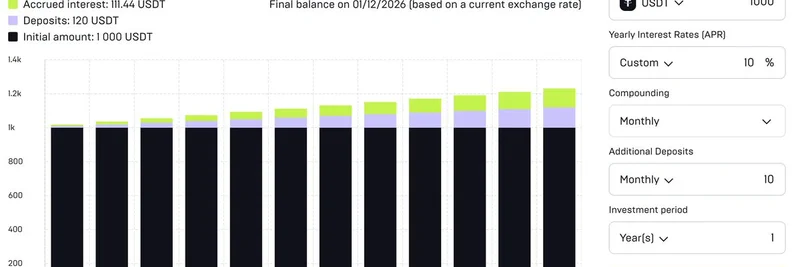In the fast-paced world of cryptocurrency, where fortunes can be made or lost in an instant, security remains paramount. Renowned on-chain investigator ZachXBT recently shed light on a staggering $91 million Bitcoin theft that highlights the persistent dangers of social engineering scams. Posted on X (formerly Twitter), his thread details how a victim was duped by imposters posing as customer support for an exchange and a hardware wallet. This incident, occurring on August 19, 2025, eerily coincides with the one-year anniversary of the infamous $243 million Genesis Creditor theft.
Breaking Down the Theft
According to ZachXBT, the victim lost a whopping 783 BTC after falling prey to sophisticated impersonation tactics. Social engineering, for those new to the term, involves manipulating people into divulging confidential information or performing actions that compromise security—think phishing calls or fake emails that seem legitimate. In this case, the scammers likely used leaked personal data from past breaches to build trust and extract sensitive details like seed phrases or login credentials.
The theft's transaction hash is da598f2a941ee3c249a3c11e5e171e186a08900012f6aad26e6d11b8e8816457, originating from the primary theft address bc1qyxyk4qgyrkx4rjwsuevug04wahdk6uf95mqlej. ZachXBT's analysis shows the stolen funds being "peeled off"—a technique where small amounts are transferred gradually to avoid detection—and funneled into Wasabi, a popular Bitcoin mixer designed for enhancing privacy by obfuscating transaction trails.
The graph above, shared by ZachXBT, visualizes the fund movements from the primary theft address through various intermediaries before hitting Bitcoin mixers. This laundering process makes it incredibly challenging to trace the final destinations, underscoring why mixers like Wasabi are both a boon for privacy advocates and a tool for illicit actors.
Echoes of the Genesis Creditor Hack
Adding a layer of irony, this scam unfolded exactly one year after the $243 million Genesis Creditor theft on August 19, 2024. That earlier incident involved hackers exploiting vulnerabilities in the bankruptcy proceedings of Genesis Global, a crypto lending firm. While details differ, both cases emphasize the vulnerabilities in centralized services and the importance of self-custody—storing your assets in wallets you control entirely.
For meme token enthusiasts, this serves as a stark reminder: while meme coins on chains like Solana or Ethereum often grab headlines for their viral potential, the underlying blockchain security principles apply universally. A breach in Bitcoin can inspire similar tactics in the meme space, where hype can sometimes overshadow due diligence.
Community Reactions and Insights
The X post sparked immediate reactions from the crypto community. Users expressed disbelief at how someone holding such a massive amount could fall for a common scam. One reply pondered, "How do you have $91M and fall for one of the most popular scams of all time?" Others joked about avoiding phone calls altogether to stay safe.
ZachXBT himself chimed in with practical advice in the replies: "By assuming every call or email you receive is a scam by default." He also explained the prevalence of such attacks, noting that widespread data breaches make personal information readily available to threat actors. Another user highlighted concerns about digital asset safety compared to traditional cash, to which ZachXBT responded that breaches fuel these exploits.
Notably, ZachXBT clarified that this theft wasn't linked to North Korean hackers (DPRK), dispelling quick assumptions often made in high-profile crypto heists.
Staying Safe in the Crypto Wild West
As meme token traders and blockchain practitioners, protecting your assets starts with skepticism. Here are some key tips inspired by this incident:
- Verify Communications: Never trust unsolicited calls or emails claiming to be from support. Always initiate contact through official channels.
- Use Hardware Wallets Wisely: Store seed phrases offline and never share them. Consider multi-signature setups for large holdings.
- Enable 2FA and Alerts: Use hardware-based two-factor authentication and set up transaction notifications.
- Educate Yourself: Stay updated on common scams via resources like ZachXBT's X profile or blockchain security blogs.
- Diversify Storage: Don't keep all eggs in one basket—spread assets across multiple secure wallets.
Incidents like this $91M Bitcoin theft remind us that in crypto, vigilance is your best defense. Whether you're hodling BTC or flipping the latest meme coin, understanding these risks can help you navigate the ecosystem more safely. For more insights on crypto security and meme token trends, keep following Meme Insider.


